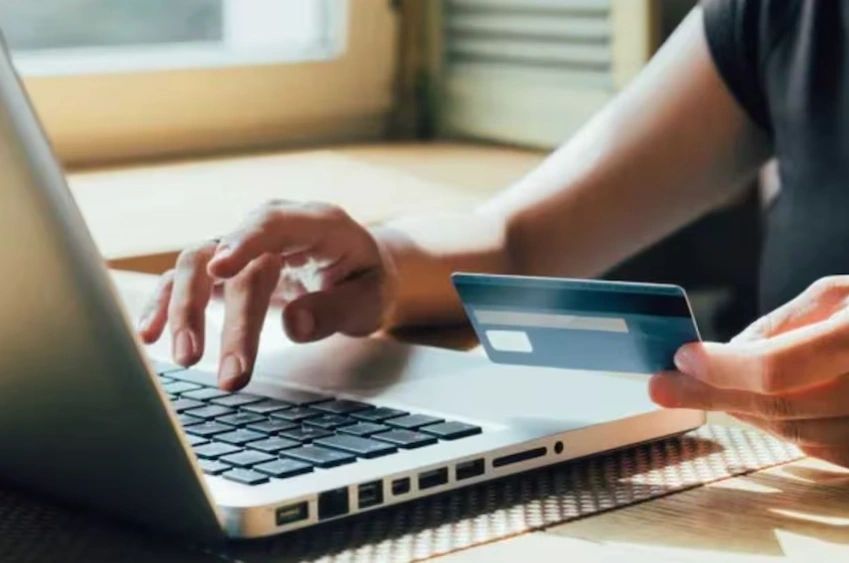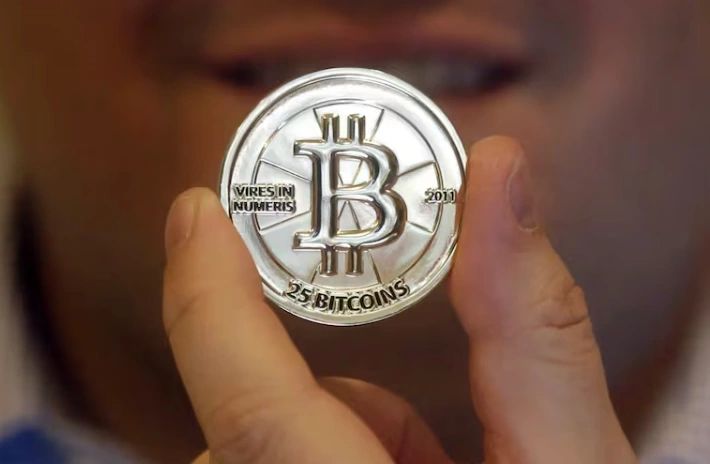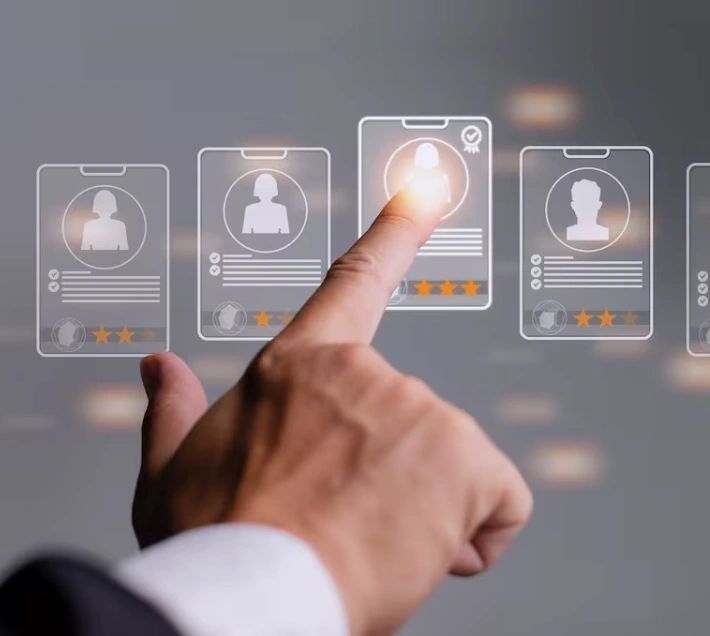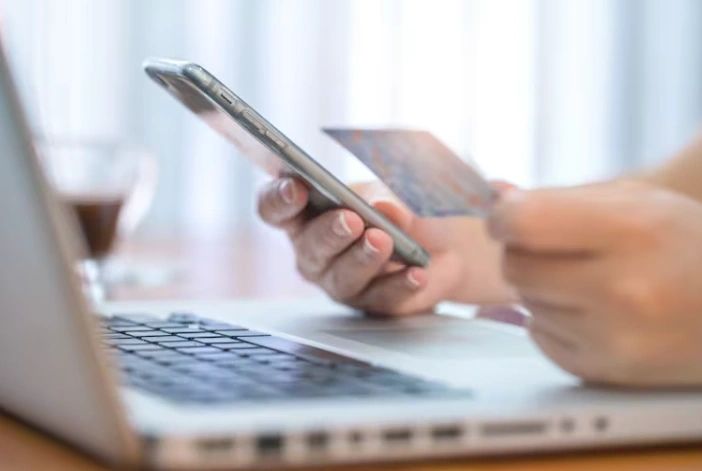BuySellBA
Administrator
Why tokenization could revolutionize the real estate market like home banking did for banks - La Nacion Propiedades

Source:

 www.lanacion.com.ar
www.lanacion.com.ar
October 14, 2025
Buying apartment fragments from a cell phone, in the country or abroad, is possible; how to do it

The author of the article believes that just as home banking democratized banking, tokenization is massifying real estate.
If we had told our grandparents that it was possible to buy "digital pieces" of a building in Madrid from a cell phone in Buenos Aires, they would have thought we were crazy. Today, that possibility actually exists, and it's called tokenization

Digital finance with new concepts such as tokens, bitcoins and blockchainRick Bowmer - AP
On the other hand, if the money needs to be recovered, the token can be sold on an online platform without waiting months to close the sale of an entire property. Additionally, every transaction is recorded on the blockchain, visible to all participants. Finally, the technology replaces many bureaucratic processes, reducing time and costs.

Using a cell phone and a virtual wallet to make real estate purchases. Shutterstock - Shutterstock
In other words, tokenization opens up possibilities for those previously left out of the game. A student, a young professional, or a retail saver can now diversify their portfolio with digitized bricks and mortar easily and securely . And what's more, by outsourcing property management to specialists (returning to the example in the first paragraph, if a tap in a Madrid apartment were to break, there's a team of specialized people who can handle the maintenance, without me having to worry about it for a minute).
This, in turn, opens a huge window of opportunity for real estate developers , as they will be able to tokenize all or part of a real estate project, thereby obtaining financing that would otherwise be difficult to obtain in a market like ours. Let's imagine an office project that requires a US$10 million investment. Traditionally, there would be two paths: equity capital (limited) or a bank loan (expensive and difficult to obtain). With tokenization, the developer can place tokens among small investors and fund the project in tranches, without burdening the balance sheet with bank debt and without relinquishing control of the project.
In other words, both developers and investors now have a novel alternative in their hands that will, little by little, change the market.

Home banking has revolutionized banks, and tokenization is expected to have a similar effect on the real estate sector.
Just as home banking democratized banking, tokenization is massifying real estate . It doesn't replace mortgages or traditional funds, but rather complements and multiplies them. For developers, it means accessing an ocean of global micro-investors they previously couldn't imagine having; for investors, it means the ability to build diversified portfolios with just a smartphone .
Bricks are no longer just matter, they're also bits . Those who understand this duality will be ahead of the curve in the next decade of real estate.
www.buysellba.com

Source:

Por qué la tokenización podría revolucionar al mercado inmobiliario como el home banking lo hizo con los bancos
Comprar fragmentos de un departamento desde un teléfono celular, en el país o en el extranjero, es posible; cómo hacerlo
October 14, 2025
Buying apartment fragments from a cell phone, in the country or abroad, is possible; how to do it

The author of the article believes that just as home banking democratized banking, tokenization is massifying real estate.
If we had told our grandparents that it was possible to buy "digital pieces" of a building in Madrid from a cell phone in Buenos Aires, they would have thought we were crazy. Today, that possibility actually exists, and it's called tokenization
What is tokenization?
Before addressing the definition of tokenization , it's advisable to review what blockchain is : imagine a ledger shared by thousands of people at once. Each transaction is recorded in multiple identical copies, and to modify a piece of information, everyone must agree. This distributed ledger is called a blockchain. By not depending on a single server, fraud attempts become almost impossible , and information—whether sending a cryptocurrency or buying and selling a work of art in digital form—remains unalterable. In other words, while the Internet serves (and served) to share information stored and controlled by companies or central servers, blockchain allows for the decentralized transfer of value that thousands of computers simultaneously safeguard . Each block of data is cryptographically linked to the previous one: no one can alter a transaction without the consensus of the network, and everything is visible to participants. In other words, it's a practically inviolable system: once information enters the blockchain, it's practically impossible to modify it, which demonstrates its high level of security.
Digital finance with new concepts such as tokens, bitcoins and blockchainRick Bowmer - AP
What is a token?
A token is the digital representation of an asset or economic right : from a work of art to the future rent of an apartment. When a property is tokenized, its value is divided into thousands of electronic "tokens" tradable 24/7 on specialized platforms. For example, an apartment valued at US$100,000 is divided into 1,000 tokens of US$100 each. You decide how many tokens to buy and then receive in your wallet, in the corresponding proportion: the monthly rent or the capital gain from the sale (depending on the "right" represented by the acquired token). This investment, of course, depends on the "success" of the "real economy" business you access. But from a technological (and, why not, also a legal) perspective, the investment is protected.Why does tokenization represent a game changer for the industry?
Basically, because investing in bricks and mortar no longer requires a US$20,000 deposit : US$100 is enough for the first token.On the other hand, if the money needs to be recovered, the token can be sold on an online platform without waiting months to close the sale of an entire property. Additionally, every transaction is recorded on the blockchain, visible to all participants. Finally, the technology replaces many bureaucratic processes, reducing time and costs.

Using a cell phone and a virtual wallet to make real estate purchases. Shutterstock - Shutterstock
In other words, tokenization opens up possibilities for those previously left out of the game. A student, a young professional, or a retail saver can now diversify their portfolio with digitized bricks and mortar easily and securely . And what's more, by outsourcing property management to specialists (returning to the example in the first paragraph, if a tap in a Madrid apartment were to break, there's a team of specialized people who can handle the maintenance, without me having to worry about it for a minute).
This, in turn, opens a huge window of opportunity for real estate developers , as they will be able to tokenize all or part of a real estate project, thereby obtaining financing that would otherwise be difficult to obtain in a market like ours. Let's imagine an office project that requires a US$10 million investment. Traditionally, there would be two paths: equity capital (limited) or a bank loan (expensive and difficult to obtain). With tokenization, the developer can place tokens among small investors and fund the project in tranches, without burdening the balance sheet with bank debt and without relinquishing control of the project.
In other words, both developers and investors now have a novel alternative in their hands that will, little by little, change the market.

Home banking has revolutionized banks, and tokenization is expected to have a similar effect on the real estate sector.
Is there legal basis?
This entire movement is being reflected in various regulations worldwide (innovation thrives when the law supports it). These include the MiCA (Markets in Crypto-Assets) law, a European Union regulation in force since December 2024, and the regulations issued in Brazil in May 2021 and in Colombia in June 2024. In our country, the National Securities Commission (CNS) has taken the lead in transforming our country into a regional benchmark. Last year, it created the Registry of Virtual Asset Service Providers ("PSAV"), regulated by RG 994/2024; and this year, it issued, among others, RGs 1060 and 1081, which regulate the tokenization of publicly offered securities and the activity of PSAVs in relation to the issuance and deposit of the issued tokens. This represents a major regulatory advance for such a novel technological revolution.Just as home banking democratized banking, tokenization is massifying real estate . It doesn't replace mortgages or traditional funds, but rather complements and multiplies them. For developers, it means accessing an ocean of global micro-investors they previously couldn't imagine having; for investors, it means the ability to build diversified portfolios with just a smartphone .
Bricks are no longer just matter, they're also bits . Those who understand this duality will be ahead of the curve in the next decade of real estate.
www.buysellba.com

